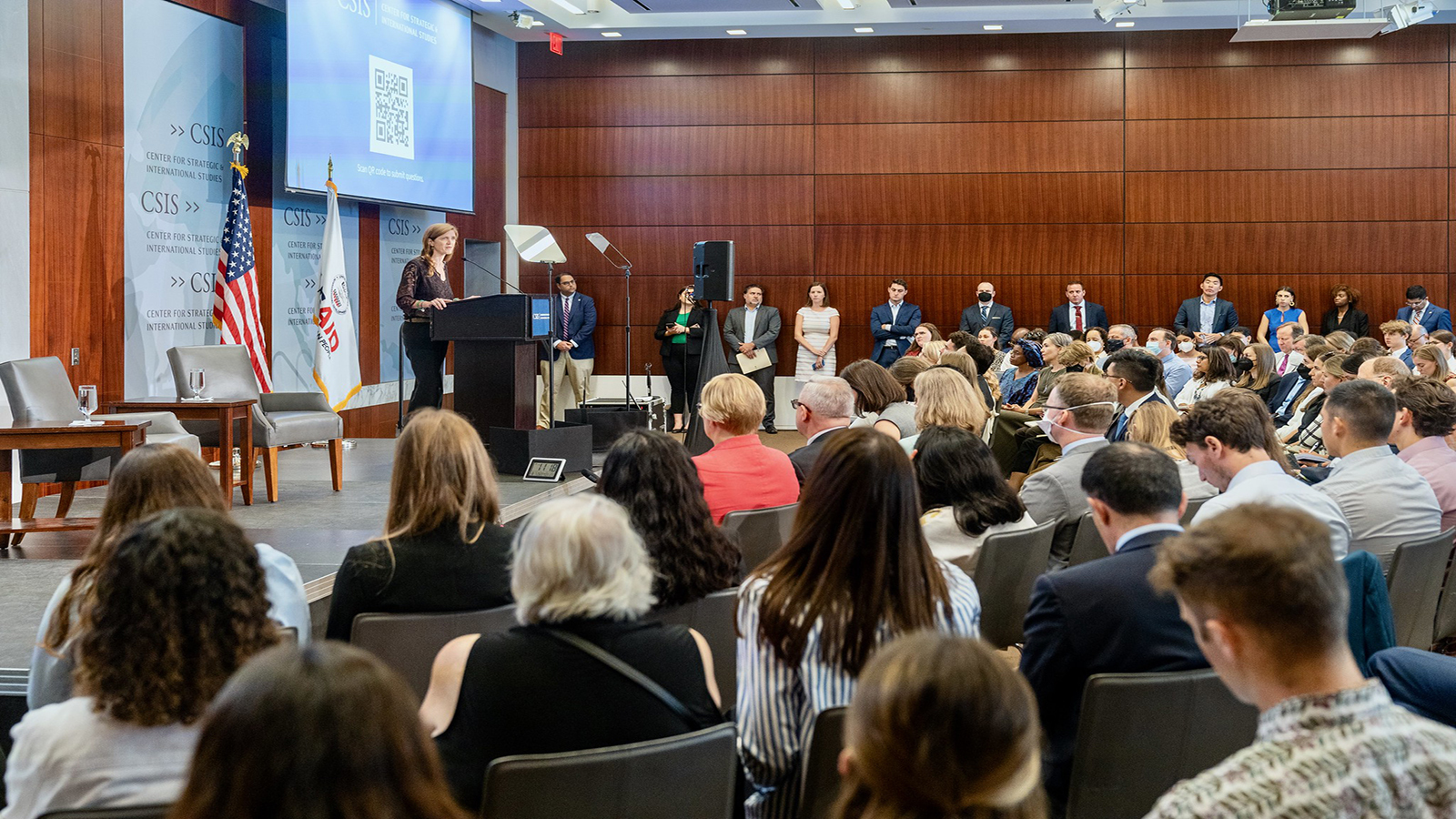Mongolia was recently granted $2 million as part of new commitments by the United States Agency for International Development (USAID) in response to the global food crisis.
“As a third neighbor of Mongolia, the United States, through USAID, is pleased to support efforts to develop the country’s agricultural capacity and resiliency, while strengthening food security,” Deputy Mission Director, Betty Chung, said in a press release Sept. 9. “This additional funding builds on the growing USAID portfolio in Mongolia, including activities to strengthen democratic institutions, diversify the economy, modernize the energy sector, and assist in the COVID-19 pandemic response.”
The sum was allocated to Mongolia and 46 other countries from a $2.76 billion U.S government fund intended to limit the effects of poverty, hunger, and malnutrition, which has recently accelerated amid the increase of prices for food, fertilizer, and fuel, the release stated.
The aid will cover resources to offer Mongolian residents protection against rising tensions between Russia and Ukraine and the effects they feel from the country’s direct import ties with Ukraine. Mongolia receives wheat, sunflower oil, and fertilizer, among other resources from Ukraine.
Under the terms of the agreement between the U.S agency and Mongolia, the U.S agency’s small and medium enterprise development program has committed to give Mongolia an additional $2 million for Mongolia’s Business Excellence for Sustainability and Transparency (BEST) program, the release stated. The initiative develops solutions for shortages in the agribusiness sector.
“Activities will lead to expanded agribusinesses and greater food security through stronger financial management, clear bankable investments, and greater access to finance,” according to the release.
The funds became accessible after President Joe Biden allocated $2.76 billion to U.S. government food security resources during the G7 Leaders’ Summit in Germany, making up most of the $4.5 billion garnered at the event.

